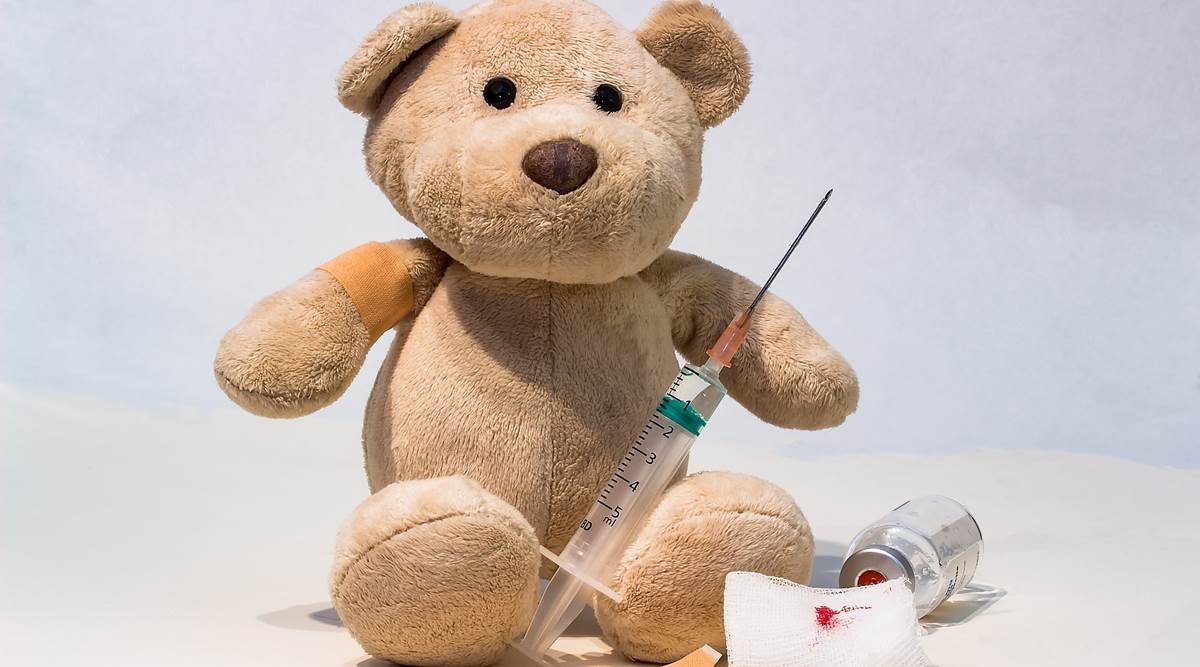Delayed vaccination: How it may impact your child
A delay in vaccination should be avoided. When families get behind schedule, it means a child does not have the full potential immunity to the disease, thereby making them susceptible to infections

By Dr Deepti T. Nair
Savitha (name changed), a new mom is postponing vaccinations for her 10-week-old daughter because she fears her family could contract COVID 19 or another infection if they visit a hospital. She says she typically has her children vaccinated but is being ultra-cautious about interactions outside of their home during the ongoing pandemic. Many parents like Savitha across the country are fearful and anxious of exposure to the pandemic and other illnesses and hence are delaying vaccinations for their children that they would typically pursue on time.
Frequently asked questions by parents
We are often asked by parents if they can delay the vaccination. For how long can they delay the vaccination? Are missed vaccines still required or has the baby outgrown the same? Should we follow the schedule as per age or take the missed ones? Can we resume with the vaccination once back from their hometown? Do we need these vaccinations now, when everyone is at home? Is this vaccine optional or mandatory? Is it safe to visit the hospital and what precautions need to be taken during the visit?
My simple answer to all these questions is: A delay in vaccination should be avoided. When families get behind schedule, it means a child does not have the full potential immunity to the disease until they are caught up, thereby making them susceptible to these infections for longer periods of time. Having said that, it is important to administer deferred doses as soon as it is feasible.
Immunisation is crucial in protecting your child from infectious diseases such as polio, mumps, rubella, measles, etc. Babies have underdeveloped immune systems, and need vaccinations along with breast milk and a balanced diet (when they are weaned onto solids) for appropriate and uncompromised mental and physical growth. Each disease has a separate vaccination, and each of these vaccines has a schedule that needs to be followed, to be able to give your little one the immunity to fight the diseases.
ALSO READ | Why flu shots for kids is important during the pandemic
Why is it important to follow the recommended vaccination schedule?
Missed vaccination puts the child at risk of contracting the disease the vaccine was meant to protect against. Young children can be exposed to vaccine preventable diseases from almost anyone, ranging from parents, siblings and visitors, to people at the grocery store and play area. They are at risk to catch diseases from people who don’t have any symptoms. Children less than five years are especially susceptible as their immune systems have not built up the necessary defences to fight infection. Vaccine preventable diseases can range from mild to severe and life-threatening. Some of them can cause large outbreaks as well. Measles, for example, is highly contagious and can spread quickly among people who are not immune.
The recommended schedule was created to protect infants and young children early in life, when they are most vulnerable, and before they are potentially exposed to vaccine-preventable diseases. It usually takes weeks for a vaccine to help your baby make protective disease fighting antibodies and some vaccines might require multiple doses to provide the best protection. If you wait until your child could be exposed to serious illness, there might not be enough time for the vaccine to work. The recommended immunisation schedule is safe and based on science. Age prevalence of disease decides appropriate age of vaccination as per the standard schedule. Vaccines are scheduled to provide immunity at the right age to your child and also to protect the people around.
Following the recommended schedule minimises the number of visits to your child’s health care provider. Unimmunised children are at high risk of infectious diseases during the time the shots are delayed. More so for young children who need protection at an early age, as diseases like H. Influenza B, Pneumococcal pneumonia and whooping cough could be life threatening at less than 2 years of life. Polio can cause permanent paralysis, measles can lead to brain damage or death, and mumps can affect hearing and cause brain damage. Delayed vaccination in children can also put other family members at risk, especially the elderly and those with compromised immunity, chronic health conditions and infants who are too young to be vaccinated.
In order to handle the current scenario of delayed vaccination effectively, we prioritise completing the primary series of vaccination. Also, we combine vaccinations mentioned at different ages as possible so that the number of hospital visits is reduced. The parents who are not comfortable visiting the hospital for vaccination can avail for home vaccination services that are available in their city through their hospital. Hospitals also send regular reminders to parents for the pending vaccines.
ALSO READ | How to eliminate the risk of inherited disorders in your child
Precautions
I would recommend following regular precautions while visiting the hospital. Take an early appointment through a digital platform to avoid staying longer at the hospital.
Ensure not more than one attendant accompanies the baby.
Toddlers can use a mask and/or face shield, practice safe social distancing, avoid touching surfaces and take good care of hand hygiene.
(The writer is Consultant Paediatrician & Neonatologist, Cloudnine Group of Hospitals, Bangalore – Bellandur)
Source: Read Full Article
